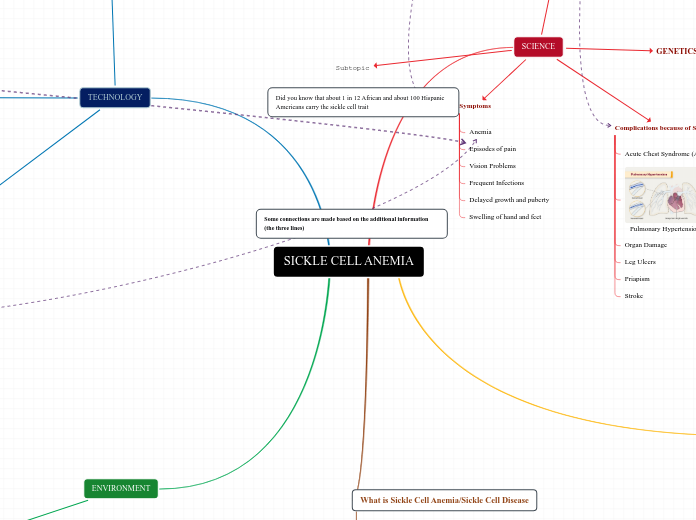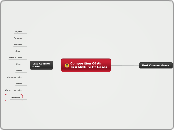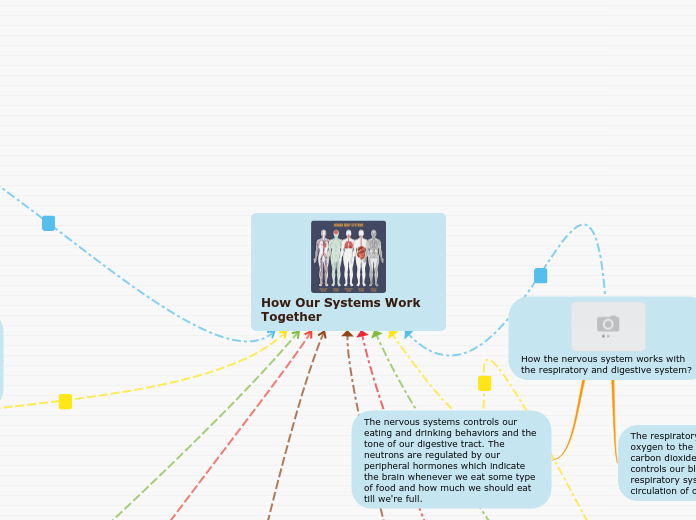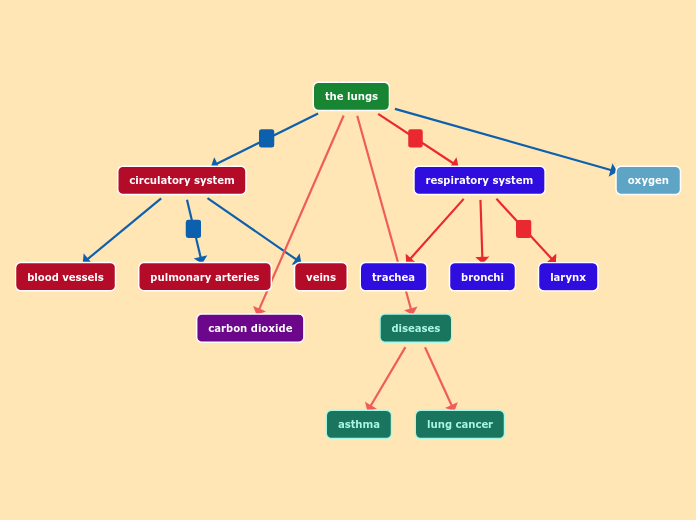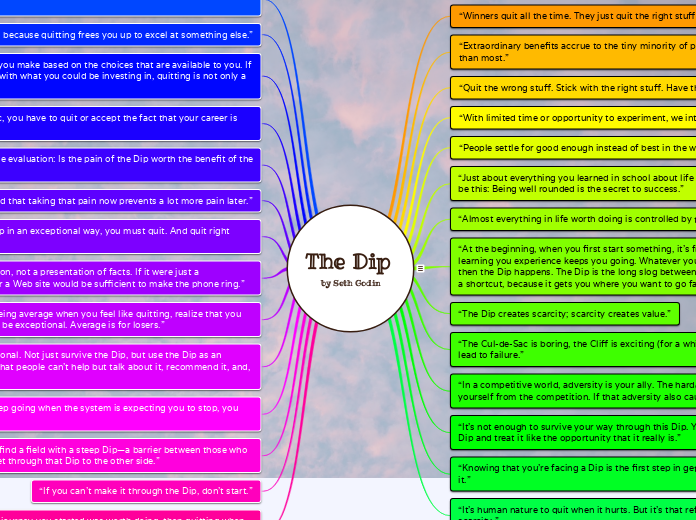Point Mutation (Info in the side)
Inherited genetic disorder caused by a point mutation in the gene that encodes the β-globin chain of hemoglobin (Hbβ)
Two β-globin chains and two α-globin chains form hemoglobin, the multisubunit protein in red blood cells that carries oxygen.
This mutation ends up replacing the negatively charged glutamate by a neutral hydrophobic valine that produces sticky patches on the protein surface.
Upon delivering oxygen to the tissues, the mutant hemoglobin (HbS) polymerizes into fibers, which distort (“sickle”) red blood cells and cause blockage of the circulation, resulting in acute, severe pain called a sickle cell crisis.
Results of the Point Mutation
Can cause damage to:
Lung Tissue Damage
Pain Episodes
Acute Chest Pain
Normal VS Sickle Cells
SICKLE
NORMAL
transports oxygen from the lungs to other parts, red blood cells are smooth and round which glide through blood vessels (hemoglobin-A)
Some connections are made based on the additional information (the three lines)
Did you know that about 1 in 12 African and about 100 Hispanic Americans carry the sickle cell trait
hemoglobin molecules stick to each other forming rod-like long structures. Leads to blood cells becoming sickle shape, this causes blockages and damaging vital organs and tissues. (hemoglobin-S)
Additional Information
- Mutations in the gene cause a problem when oxygen levels in the blood are lower
- Occurs once hemoglobin has delivered oxygen to the cells in the body’s tissues
- If there is less oxygen, the hemoglobin-S gene (which is the mutated gene) can cause rigid, non-liquid protein strands to form which then change the shape of the cell in the blood cell.
- The lack of oxygen in tissue can cause attacks of sudden severe pain, called pain crises. These pain attacks can occur without warning, and a person who has them often needs to go to the hospital for effective treatment.
This image demonstrates the difference between Normal and Sickle Hemoglobin Cells and how the blood cells are different after the mutation.
SICKLE CELL ANEMIA
ENVIRONMENT
TEMPERATURE
Many people with SCA Live in tropical countries
Temperature plays a role in your well being with SCA. Studies show that the exposure to cold or to wind increases the hospital attendance because of acute pain. Cold and Rainy seasons have also seen an increased frequency of patients who suffer from pain. This pain is also caused by other environmental factors as well such as housing, socio-economic status and air quality.
While it may seem that cold weather may be the only contributor, it is not. Warm climate also had similar reports yet less than colder weather. Humidity and excessive heat did also report acute pains.
TECHNOLOGY
Experimental Treatments
Drugs to boost
fetal hemoglobin
production
Researchers are looking for different drugs and ways to improve hemoglobin in the fetus to avoid the sickle cells from forming.
Nitric Oxide
Those that are affected by Sickle Cell Anemia show low levels of nitric oxide in their blood.
Nitric Oxide is a gas that helps keep blood vessels open and reduces the stickiness of red blood cells.
The experimental treatment with this is inhaling nitric oxide which might prevent sickle cells from clumping together.
(Not much progress seen with this new therapy)
Gene Therapy
TREATMENT
Surgical Procedures
Stem Cell Transplant
Procedure involves replacing the bone marrow that is affected by sickle cell anemia with healthy bone marrow from a donor.
There are significant risks associated with a bone marrow transplant, the procedure is recommended for children that have major symptoms and complications because of it.
After the transplant, you will have anti rejection medications to prevent the rejection of the donated stem cells. If your body rejects the transplant, it can lead to life-threatening complications.
Blood Transfusions
Red blood cells are removed from a supply of donated blood, then given through a vein to a person with Sickle Cell Anemia.
Increases the number of normal blood cells which help reduce complications and symptoms.
Risks include: immune response to the donor blood - makes it hard for future donors, infection and excess iron build up - too much iron can damage heart, liver and other organs and if you go through regular transfusions, you should lower iron levels.
Medications/Drug Therapy
Voxelator (Oxybryta)
Oral Drug to improve anemia. Side effects; headache, nausea, diarrhea, fatigue, rash and fever.
Adakveo (Crizanlizumab)
Reduce pain crisis frequency, Side effects include; nausea, joint pain, back pain and fever. (Injected)
Endari (L-glutamine oral powder)
Helps reduce pain crisis frequency.
Hydroxyurea (Droxia, Hydrea, Siklos)
Helps reduce how frequent pain episodes occur and lower the need to do a blood transfusion/hospitalization. Can increase risk of infections, Should not be taken if pregnant.
Diagnoses
Chorionic Villus Sampling (CVS)
Amniocentesis
Newborn Screening
Blood Test
What is Sickle Cell Anemia/Sickle Cell Disease
Description of Sickle Cell Anemia
These rigid, sticky cells can get stuck in small blood vessels which can slow or block blood flow and oxygen to the body.
The red blood cells are shaped like “crescent moons”
Inherited red blood cell disorder in which there aren’t enough healthy red blood cells to carry oxygen throughout your body
A genetic disorder that is caused by a defect on chromosome 11.
SOCIETY
Sickle Cell Awareness Month
It is represented by the colour burgundy
Every September, it is sickle cell
awareness month with a goal to raise
awareness about it and how it impacts many people.
Living with SCA
Living with SCA is a challenge depending on your living situation. All of these factors are dependent on each other one way or another. An example of this is managing pain, to manage pain having a healthy lifestyle and following up on your care is key.
Psychological Causes
Sickle Cell Anemia has many psychological effects on people as they have a hard time living with it and the lack of knowledge contributes to the different psychological issues.
Depression
Anxiety
Self-Isolation among adolescents
The tendency to self-isolate due to a lack of understanding about SCD and the debilitating nature of pain crises amongst friends and family members further add to the social and economic consequences of SCD.
Adopting a healthy lifestyle
Eating Well
Regular Exercise, Making sure
it is not too strenous
Managing Pain
Managing pain is key in Sickle Cell Anemia as pain episodes can be terrible for those who suffer from it and can be life threatening.
The following below and ways to maintain a healthy lifestyle and to be careful especially when you are going through a pain episode or if you know that a pain episode might be coming.
Avoid Alcohol and Smoking
Be careful with high altitudes
Avoid Extreme Temperatures
Drink Plenty Fluids
Routine Follow Up Care
Making sure you have routine follow up care is very important for people who have SCA because if you have pain or if you are on medications to help your pain you want to make sure everything is healthy to avoid any crises.
Getting vaccines is also very important as you don't want your systems compromised.
Get your vaccines
See your doctor regularly
SCIENCE
Subtopic
Symptoms
Swelling of hand and feet
Delayed growth and puberty
Frequent Infections
Vision Problems
Episodes of pain
Anemia
Complications because of SCA
Stroke
Priapism
Leg Ulcers
Organ Damage
Pulmonary Hypertension
Acute Chest Syndrome (ACS)
Mutation that causes SCA
GENETICS
This pedigree presents SCA in an
autosomal recessive pattern.
This Punnett square shows the chances of SCA, and it is recessive.
